10 Homesteading Skills We Must Know
Homesteaders choose to live life a whole lot differently than most other people do. Instead of relying entirely on retail stores and utilities for their needs, homesteaders look for ways to meet some of these challenges independently. Striving towards a self-sufficient way of living improves the quality of their lives and is also kinder to their wallets and possibly the environment. We’re going to talk about these 10 homesteading skills we must know!
By choosing to have the knowledge and specific essential skills, you too can live your life without having to depend so heavily on others. After all, you never know what tomorrow may bring and how badly you need those skills. These are 10 homesteading skills that we must know. In case you missed this post, 30 Pioneer Skills We Cannot Lose
10 Homesteading Skills We Must Know
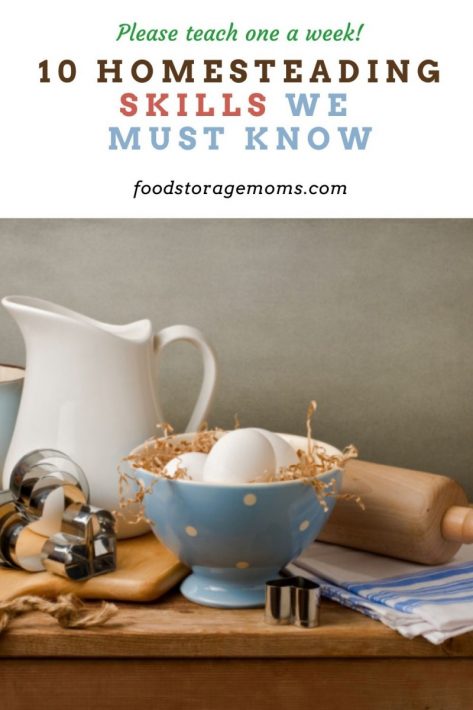
1. Cooking from Scratch
Millions of Americans lack the skill to cook from scratch. This mishap can be traced back to the food industry many years ago when they began introducing microwave dinners and the convenience of processed food. As a result, many grown adults depend on their next meal from companies such as Kraft, Nestle, Betty Crocker, and Kellogg’s.
Cooking meals from scratch for your family is one of the first skills every homesteader should consider learning. Homemade meals always taste much better than any prepackaged meal from the grocery store any day. Nothing compares to freshly baked bread, homemade granola bars, creamy butter, yogurt, and cheese that you made yourself. This skill could save your family a lot of money, and you’ll eat healthier since you’ll know what is each recipe and meal!
I wrote a post this week about how to make your own sourdough starter, and then use it to make your own sourdough bread. Check out my archives; you’ll see lots of recipes with many listed meals from scratch. Making your own bread can be fulfilling as you learn new skills. I use these more than any other thing in my kitchen:
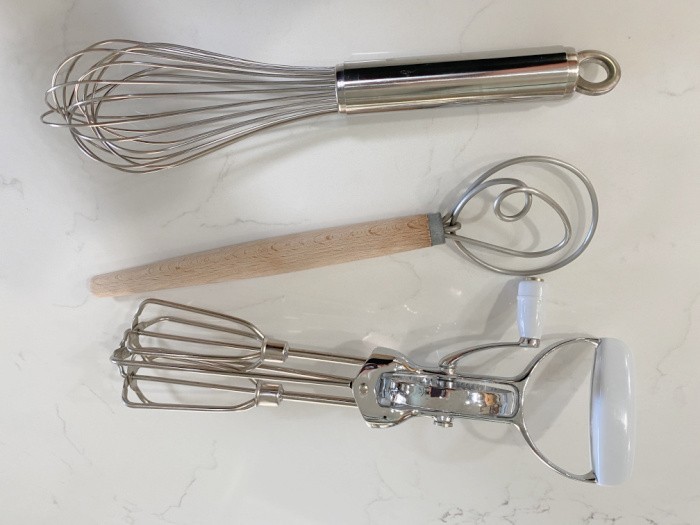
2. Gardening
One of the most enjoyable homesteading skills you could learn is how to grow a garden and experience the satisfaction of watching your food grow right before your eyes. Your main goal may be to provide fruits and vegetables for your family full-time, but when you’re starting out, go with something that is easier to grow and doesn’t get too big. Gardening can be hard work; getting good enough to see adequate harvests takes time. As your growing skills improve, you’re ready to expand your gardening space and decide what you want to grow. In case you missed this post, How to Start a Garden
If you live in an apartment, you can learn to grow food products in pots or small raised garden boxes on a balcony or deck. Don’t feel like you’re out of luck, you can do this. Again, I have posts in my archive that will give you pointers and insights.
Please Check Out What To Plant Each Month:
- What To Plant In January
- What To Plant In February
- What To Plant In March
- What To Plant In April
- What To Plant In May
- What To Plant In June
- What To Plant In July
- What To Plant In August
- What To Plant In September
- What To Plant In October
3. Preserving Food
Food preservation allows you to enjoy your garden’s harvest throughout the winter and also makes other foods shelf-stable for a more extended period. If you know the proper pressure canning methods, you’ll have delicious fruits, veggies, jams, and salsas whenever you want them. Having a food dehydrator is another excellent tool for preserving your food. I have several posts on dehydration; this is the most popular: Dehydrating Apples.
Preserving food increases your resources to enjoy more of a homestead lifestyle. There’s no better feeling than to know you have sufficient food in your pantry or on storage shelves to last through most emergency situations. Besides doing canning and dehydration, preservation can also be performed through fermentation. It is a learned skill you should research and give a try.
In case you missed this post, Some of the Best Ways to Purify Water
4. Foraging
Foraging the woods and your surrounding area for edible plants is another skill worth looking into. You never know if your life could depend on it one day. But you can’t just pick anything off of a plant or from the forest floor and plop it into your mouth. It could be the last unwise thing that you did. Do your research to find out what plants and berries in your area are safe to eat and which ones are toxic. Also, consider keeping a guidebook with you, but don’t put it in your mouth when in doubt.
My friend/reader, Leanne L., suggests these foraging books: Wild Remedies by Rosalee De La Foret and Emily Han (foraging for healing foods) AND
Pacific Northwest Foraging by Douglas Deur. Both have incredible photos and information about many wild plants. Of course, Pacific Northwest Foraging is for those living in Washington, Oregon, Northern Idaho, and Southern British Columbia, but I’m sure some of the plants in the book are found in other states. You may want to search for a similar book for information regarding plants in your region.
5. Hunting/Fishing
Being a good hunter is more than picking up a rifle, aiming at a target, and pulling the trigger. It’s also about safety, proper technique, patience, and knowing the laws of the area where you plan to hunt. However, if you learn these things, you can consistently provide fresh meat for your family instead of relying on your grocery store. Most hunters prefer to take their kill to their local processor, but if you’re left to fend for yourself, you’d have to be able to properly gut, clean, and butcher any bird or animal that you killed. This is one of the basic homesteading skills that have been lost to younger generations. Consider taking some classes and include siblings, kids, and grandkids as appropriate.
Jeff reminded me to add fishing. This is a big one for all of us to remember. Let’s teach our kids and grandkids how to fish; that’s one more food source for us and it’s a wonderful opportunity to bond as family members. Mark has some cherished friends he would fish with in Southern Utah. They spent hours at Sand Hollow Reservoir catching and then releasing largemouth bass. He could have brought them home, but I’m not a real fan of fish, wish I was.
6. Chicken Keeping
While you may think that people who keep chickens on their property merely do so for the eggs and meat that they are provided with, there are a handful of other reasons why they do so. Yes, you’ll have some of the freshest organic eggs in town, but chickens are also suitable for pest control and a fertilizer provider for your garden, particularly if you have a compost bin. That compost bin can also be used to compost your kitchen scraps.
Should you decide to raise them for meat, you’ll have to know how to process the hens and have a strong enough stomach from the smell generated in the chicken coop. I highly recommend this book by my friend, Janet Garman: 50 Do-It-Yourself Projects for Keeping Chickens.
Most of us don’t know much about raising chickens, but if you’re considering doing so soon, here are 5 Mistakes New Chicken Keepers Make. This article will help you be better prepared long before you have chickens roaming around your yard.
7. First Aid Skills
Learning basic first aid skills is something that everyone should do as part of the family emergency plan because it’s not just for homesteaders. Knowing how to dress and bandage a wound and perform CPR properly would allow you to provide crucial medical care for someone immediately, rather than waiting for a medically-trained professional to arrive. In case you need a first aid kit, First Aid Kit.
For those taking the homesteading journey more seriously, it is a must and should be passed on from generation to generation!
8. Using Herbs for Healing
When a family member of yours is suffering from pain or an illness, using herbs as a medical remedy is an acquired skill you’d be glad you had. You may be surprised that most of these weeds and herbs are already available; you must know which ones are appropriate.
9. Making Household Cleaners
The commercial household cleaner you buy at the store can be expensive, but you don’t know what harmful chemicals you spray everywhere. Learning how to make your natural household cleaners and soaps will provide you with the comfort of knowing what exactly went into making them.
Years ago I wrote a great post about making your own soap for use in the laundry. It’s saved me a bunch of money over the years and I’m grateful for the quality cleaning the soap provides. Check out my archive.
10. Being Frugal
Being more frugal with your finances will help you achieve your financial goals faster and easier when you spend less and save more. With this skill, it’s essential to learn how to repurpose your possessions when they no longer function as they once did or how to repair them if possible. By watching how much electricity you use, you’ll save both energy and money while decreasing the carbon footprint that you leave behind. Frugal is a better way of living.
Are their other homesteading skills I can learn?
Some other skills that could come in handy for survival, bartering, and to save money are:
- Learning beekeeping skills so you can have the bees help pollinate your garden and generate your own honey.
- Take some classes and learn basic carpentry skills. When it comes to small projects around the house and neighborhood, knowing how to build things can become a welcome gift. Mark and I have finished a number of basements over the years. Yes, we’ve had some help, but he’s a much better handyman than he used to be.
- Being able to saw/cut, gather, split, stack, and burn firewood can be a real money saver. We had a home in Sandy, Utah with a fireplace insert. For two or three winters it was our main source of heat. The back bedrooms got a little cool on winter nights, but we loved sitting around the fireplace as we watched movies and ate popcorn.
- Making your own flour is a skill I learned early on. We have large food-grade buckets full of hard white wheat berries. For years we’ve ground the wheat and made homemade wheat bread.
- Being able to sew and knit are valuable skills. For years I made my girls clothes. I haven’t learned to knit, but have many friends who love to make gifts using their knitting skills.
10 Homesteading Skills We Must Know
Final Word
These are just 10 homesteading skills that will help you get well on your way to a more self-sufficient way of living. They will help you feel better about yourself and save money. What are some other skills and knowledge that every homesteader should consider learning? I’d love to hear from you. What are some homesteading skills we must know that you’d add to this list because they’ve worked for you? May God Bless this world, Linda
Copyright Images: Still Life with white eggs Deposit photos_19971723_s-2019

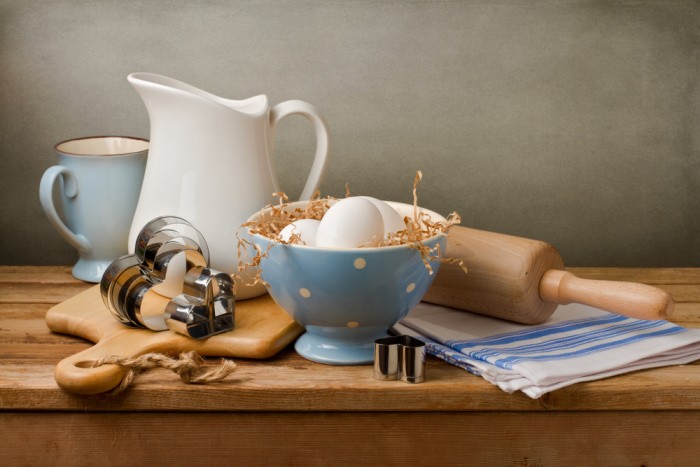


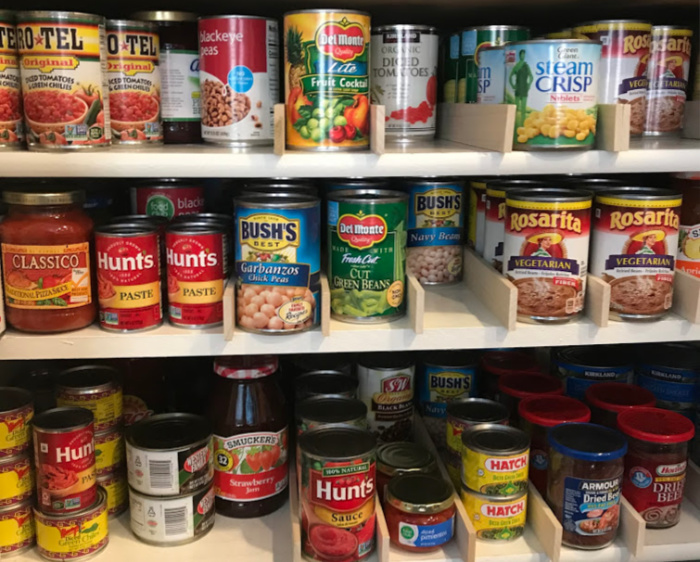
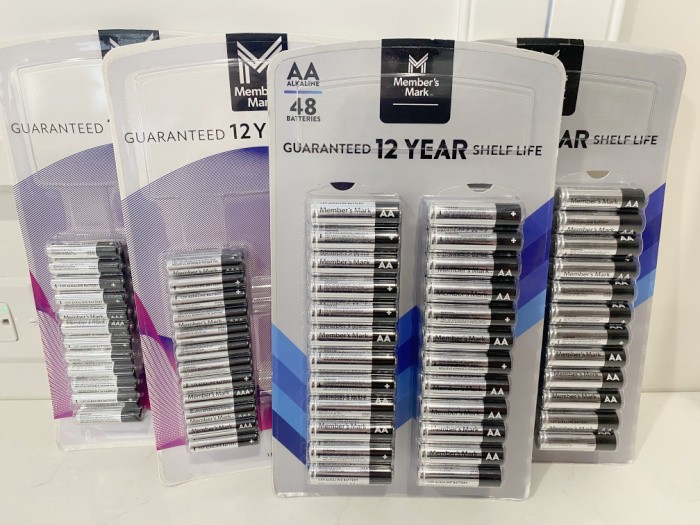
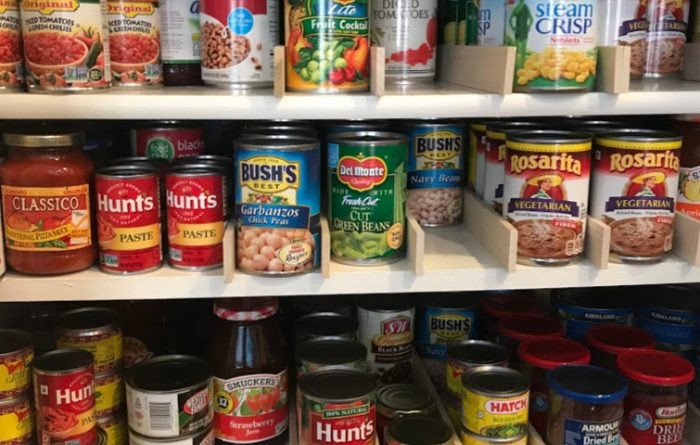
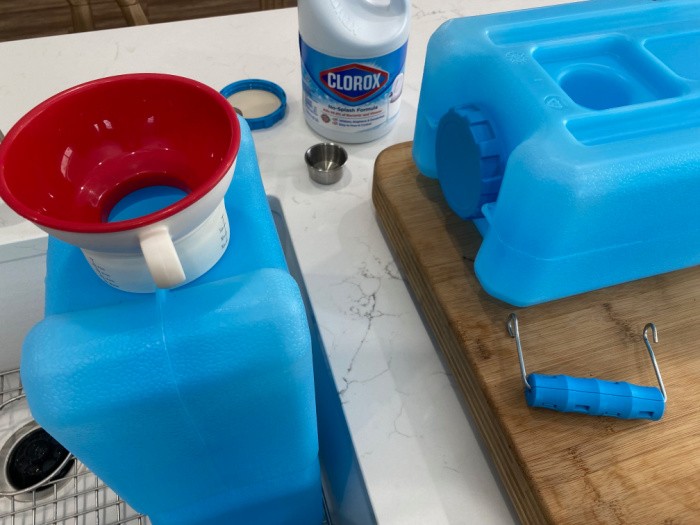
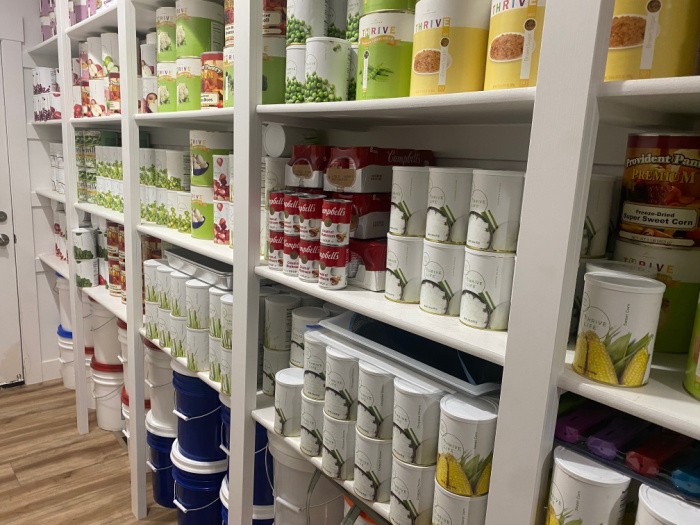
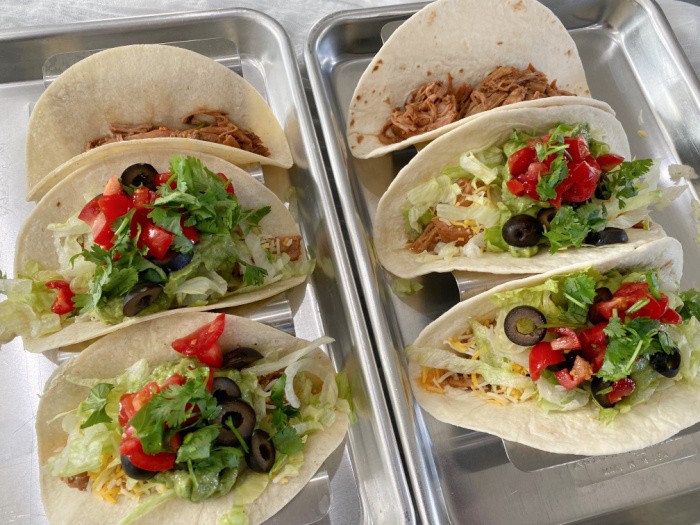
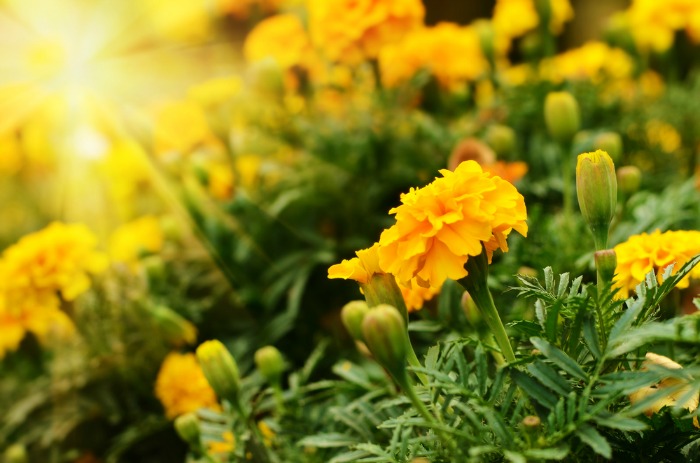
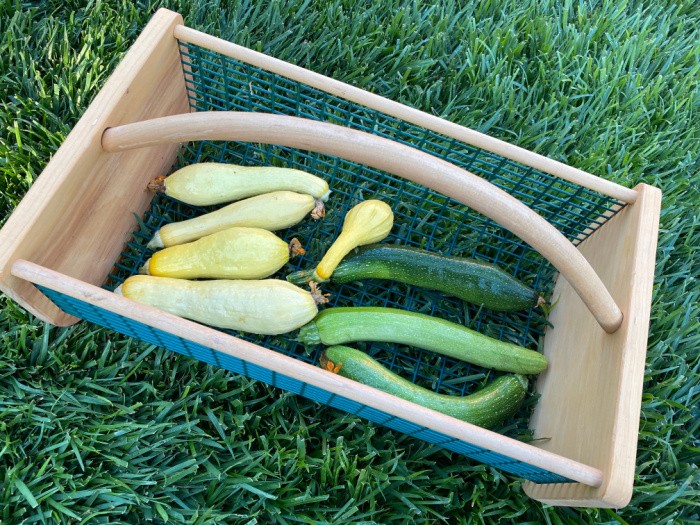
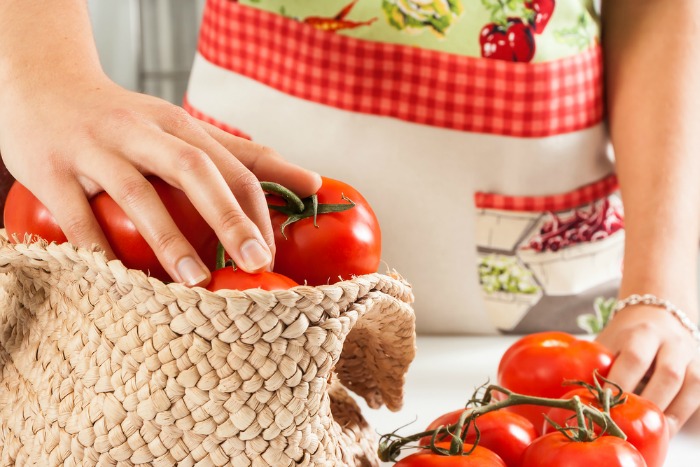
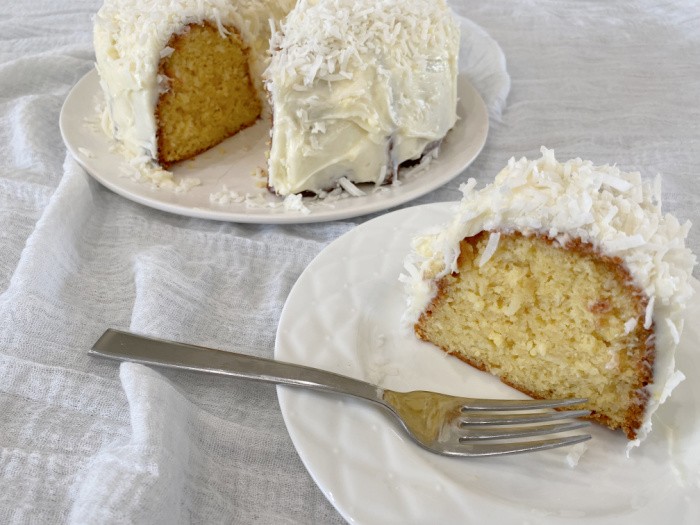
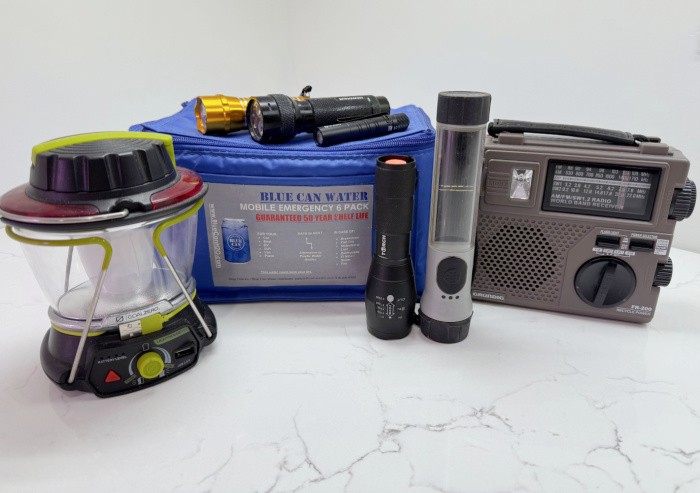
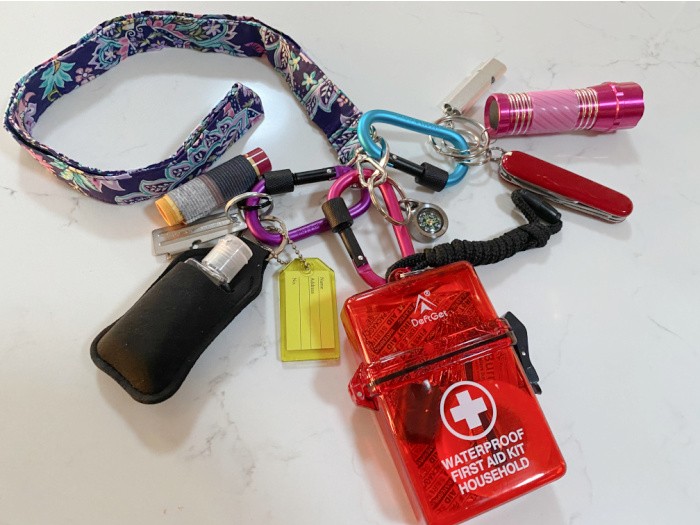






Linda, I can do most of these and am so glad I do.
Hi Deborah, I write these so people can think about what they do know how to do and maybe they will teach others! In Utah, hunting animals is very popular. When Mark and I were first married, he went deer hunting. We bought all the orange stuff to wear, the camo outfits, ammo, etc. He was super excited to go hunting. Well, I was from Las Vegas, Nevada. I had never eaten meat like deer or antelope. Mark gets a deer and brings it home. We hung it, skinned it, and cut it up on our little kitchen table. To this day, I can not eat deer. I tried everything people told me to cook with the venison. Nope, nada. To this day, I think I can still smell it cooking in the crockpot! I know people love it, but not me. LOL! Life experiences are great memories! Linda
Linda, I grew up eating venison. I’ve always liked it. Granted it doesn’t have a lot of fat on it. My husband doesn’t hunt or fish. But, my BIL does. He goes deer hunting every year. And he and his wife process the deer at home. One of our sons also hunts. I’m not a big meat eater, but Larry is. We do have just vegetable meals at times. I know we need fat in our diets, but the right kind. My grandmother ate very little meat, and what she ate was mostly pork. She was born in 1901, and lived to be over 101 years old. She was one tough lady. But she was good to everyone. Her favorite meal was squirrel stewed or fried. I’ve never eaten any. Nor have I eaten rabbit. I did taste baked raccoon once. But just a small taste. It wasn’t too bad.
Hi Deborah, oh my gosh, squirrel, stewed or fried. I just love these family memories!! I could easily be a vegetarian, Mark not so much. I remember growing up and the meat portions were tiny with vegetables loaded up on the plate. Then for some reason, we saw meat portions get bigger and bigger. Then the kids started getting bigger and bigger from all the hormones in the feed fed to the animals (not the grass-fed animals). I watched a Netflix show and I learned a lot about animals and what they were fed. I haven’t eaten a rabbit or a raccoon! You are amazing! I love your comment! Linda
Like Deborah, I also have these skills in my mental library!! One thing that I have been concerned about, however, as I grow older is losing some of the mental capacity to bring those skills into play. So, I have a book that I keep (3 ring binder) of skills/recipes that I keep close!! I figure if SHTF that I will forget something – likely a little thing!! So, I keep some basic recipes (like biscuits, pancakes, etc., that I know from experience how to make but figure I would forget the baking powder!!! in a crisis!). I also have things like a chart for knot tying, a first aid section with pictures, copies of some of the most common herbs/wild plants for healing in my area with pictures. Those are just to name a few of the sections. It is a pretty hefty binder but one I think will come in very handy if/when I really need to rely on my skills under pressure.
Oh, Leanne, please tell us more about your book, please. I’d be very interested in making one for myself. You are one smart lady! I need to make me one with my recipes in it. Thank you so much for sharing your knowledge.
Deborah –
My binder is a 3 inch 3 ring binder with dividers and document protectors. It is different than my 1 inch 3 ring binder for my documents (birth certificate, passport copy, insurance and banking papers, that sort of thing that I keep up to date and have ready if I have to bug out.) But, the big binder is for any “skills” that I think I will need if/when SHTF and I feel stressed! I have a recipe section of pretty basic recipes like biscuits, pancakes, bread primarily because I might forget some key ingredient if I am overly stressed! I don’t have any fancy recipes in the binder – I have a recipe binder that I use almost daily though. I also include information that I gain through websites such as this blog, youtube videos (Townsends is a very good channel – goes into so many 18th and 19th century skills). I also have a section on shelters like tarp shelters, natural shelters (made from trees/limbs), knot tying, etc.; a section on foraging (likely won’t be able to take my herb and foraging books with me :(); a section on other basic skills. If I find something of interest that I think might be useful in an emergency, I write it in my binder or print a copy of it.
One thing that I have found to be an issue, however is that with full sized pages printed out, it is getting so full. So I am starting to reduce the size of the print to get 2 documents on a page or at least reduce the number of pages if I can. I have a full sheet magnifier in the binder as well.
Back before the turn of the century, I got involved with a group of women – some were terrified of Y2K! Well, we got together a couple times a month and went over how we were going to survive all the chaos that was going (or supposed) to happen when the year 2000 hit! 6 years after all went smoothly, I still had an accordion file folder filled with papers I had printed out. So, the file folder was in a somewhat decrepit state so I simply transferred everything to a 3 ring binder.
Something else that I make sure to include on the documents I print out – the website that I get the information from. That way, later I can go back if I need to.
Hope this helps you out in your quest to make your own 3 ring binder.
Hi Leanne, oh I have binders but I never thought to make one with knot typing, and a first aid section with pictures. I want to learn more about herbs and foraging so I posted the two books I remember you had suggested. It’s so awesome when we can pick each other’s brains and share tips! Love yours, as usual, Linda
I really enjoy reading your post & the wonderful replies from your readers.
Thanks ladies for all the interesting ideas.
Thanks Linda
Hi LaRene, life is good when we have a good group of people to hear new ideas!! And I love hearing stories and memories! I think of you often, my friend! Hugs and love, Linda
Wonderful list – might fishing and basic sewing skills fit into this list? Water purification also comes to mind. For hunters, having the tools and required items (primers, powder, shot and bullets) to reload may play an important part of their preparations as their supply and availability of factory ammunition becomes hard to acquire. Thought?
Hi Jeff, thank you for your kind words. My 30 pioneer skills I believe cover those two skills. But I think, I need to add fishing to the “hunting” sentence. Sewing skills are critical, thanks for the reminder, I will add fishing right now. I love comments because they help all of us think about what skills we need. Great comment, Linda
Hi Linda,
I really enjoy your emails, so helpful & informative & you bring up things I hadn’t thought of.
I was wondering where you get your herbs?
I’m sure you grow some & forage for some but would like to know if you have a place you trust to order them.
Thank you again,
Karen H.
Hi Karen, thank you for your kind words. I buy all of my seeds from” https://www.seedsnow.com/?rfsn=2346155.2c53a7 They sell 100% Heirloom, non-GMO, which are my go-to seeds. It’s so fun to grow our own herbs, and vegetables. Life is so good! Linda
Awesome! Thank you for the info, Linda!!
starting from scratch does not mean opening a scratch & dented can.
Hi Donald, you are so right! Cooking from scratch is not throwing a steak on the grill either. It’s using a recipe or a recipe in your head and creating a meal from ingredients in your pantry and refrigerator. Life is good if we know how to cook from scratch. Thank you, Linda
I’ve reached that point in my life where I’m teaching the grandson these and many other skills. Regular sewing will be left up to Nana and my son as they are better. I’ll teach him how to sew with yucca plant and fishing hooks.
Hi Matt, that grandson is one lucky young man! It brings me so much joy to watch the grandkids learn a new skill! The yucca plant and fishing hooks, good one! LOL! Linda
I find it amazing to read the older comments!! These are, for me, reminders!! I haven’t added to my binders for a while – printer issues!! But I have a number of documents that once the printer works consistently will be printed out and added to my big binder. My daughter is interested in my binder(s) as well! She thought to start her own, but as I am much older, think she and I can just use the same binder!! What I find interesting with my daughter, though, is that she is so reliant on the internet for recipes – even ones she has made time and time again! I cautioned her about that reliance in the case of the grid going down and not having access to the internet at all.
All of that said, as long as I don’t lose my mental capacity, what I have read or seen during my preparations, stays in my brain for reference later. I read and retain even at my age!!
HI Leanne, I totally understand, I love “Google” but we can’t depend on it when our power goes out. I have my cookbook open on my desk, and pull out the recipe I make for the day. Your binder will be a treasure for many years. I hope you get a new printer or get yours fixed. Linda
I have physically lost the ability to do the gardening and canning that I did for decades. I do my best to shop at the local farmers market and the Amish stores in our area.
Hi Chris, this is how I see it, if you can go to a farmers markets and Amish stores, you are blessed beyond words. You are helping them feed their families and you can feed your family, I see it as a win-win. Love it, Linda
Sewing is a valuable skill. Knowing how to do alterations or repairing buttons or zippers is necessary and frugal. Bonus if you can sew full outfits from scratch. I have enough fabric to clothe the neighborhood.
Hi Diana, oh my gosh, you have enough fabric to clothe the whole neighborhood!! I LOVE this! Wehen you sew or alter clothes, or quilt, we are always looking for deals on fabric. You are so right people need to know how to sew on a button or repair or replace a zipper. I love this! Linda